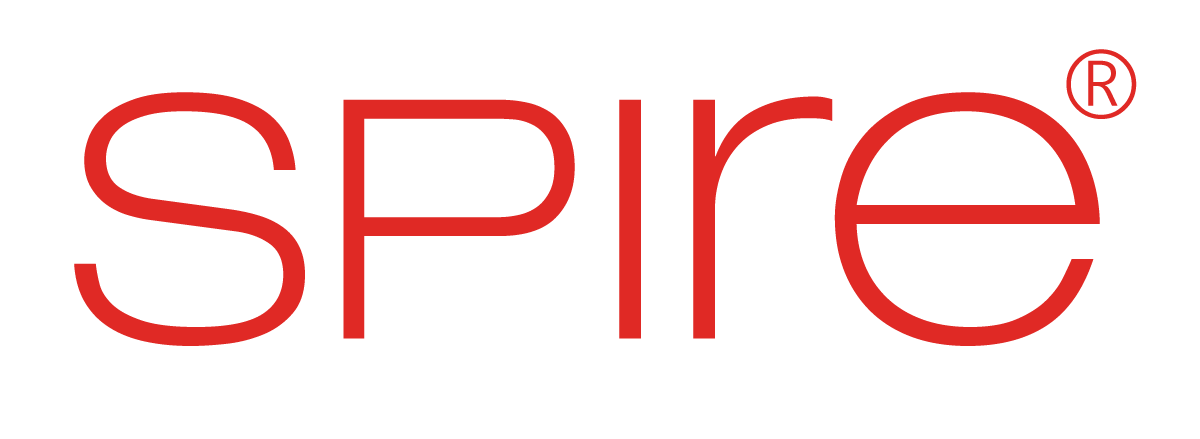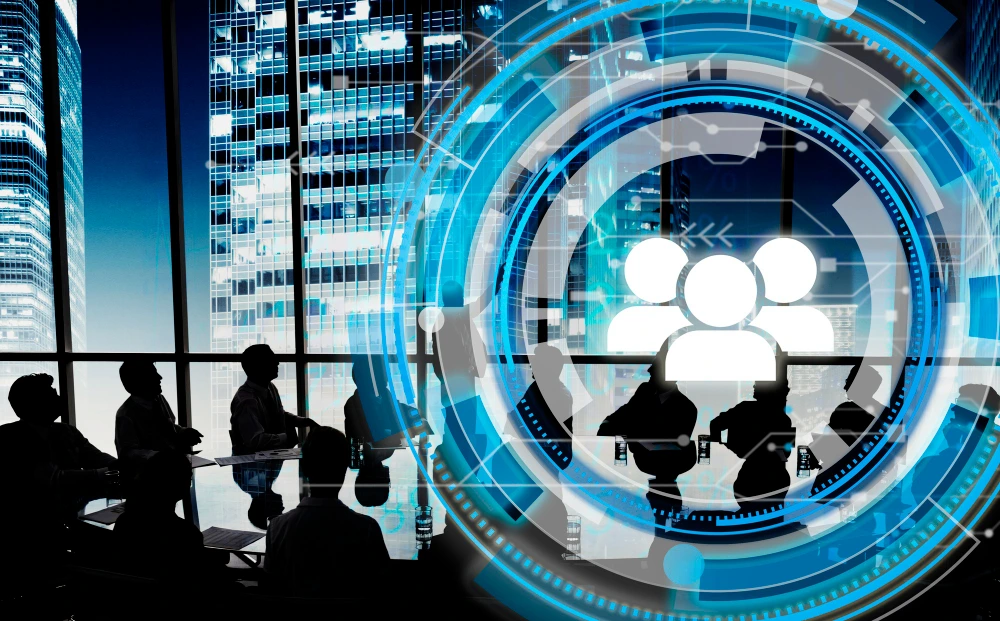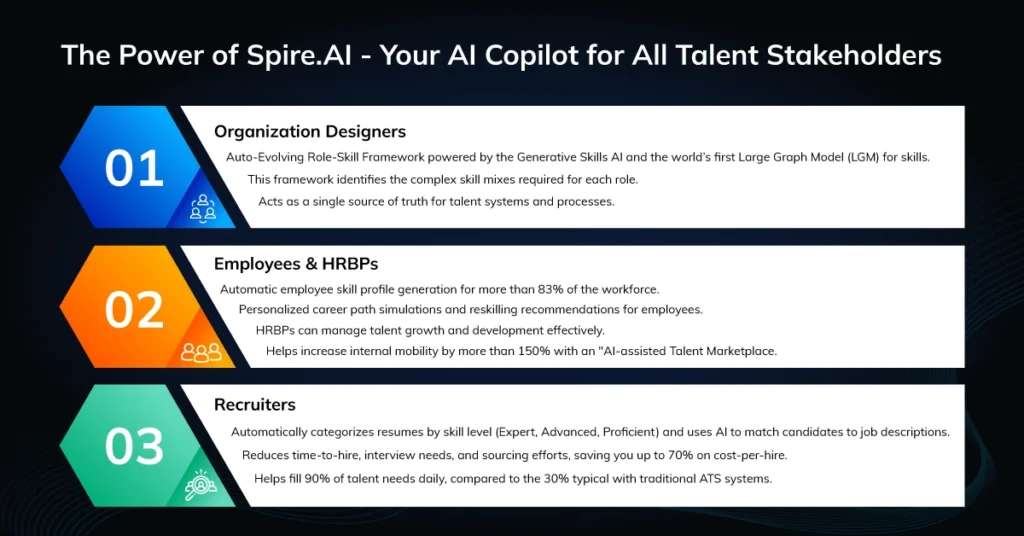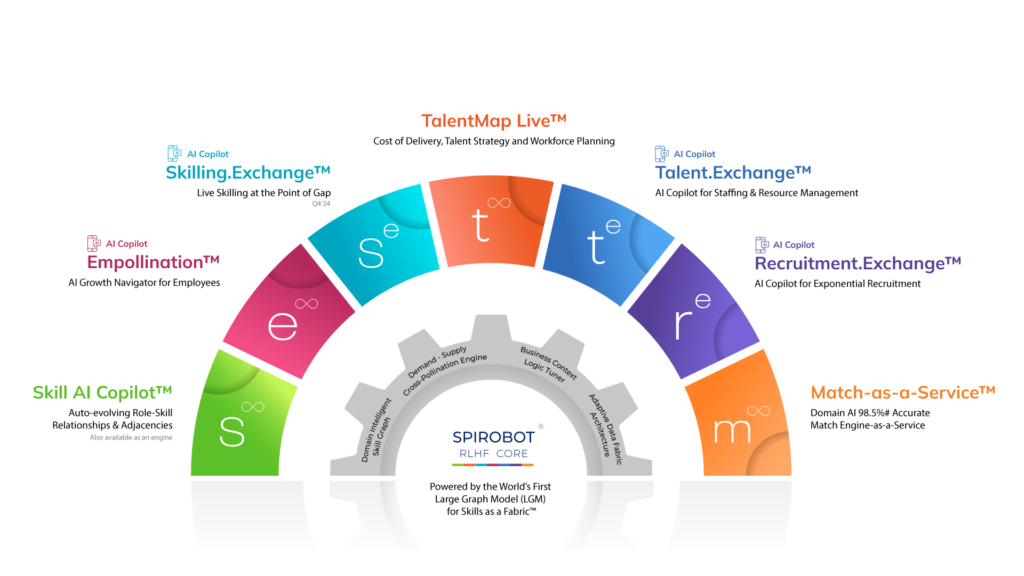For years, headlines have trumpeted the arrival of Artificial Intelligence (AI) as the game-changer for talent management. Visions of AI-powered robots conducting interviews and crafting personalized learning plans filled our imaginations. Yet, a closer look reveals a different reality. Despite the hype, AI’s impact on talent operations remains largely theoretical in many organizations.
Why the disconnect? While the potential of AI is undeniable, current implementations often need help to integrate seamlessly into the rigid, manual workflows that dominate many HR departments. Resumes are still screened by hand, performance reviews remain time-consuming, and upskilling initiatives are often a one-size-fits-all approach.
Resumes are still screened by hand, performance reviews remain time-consuming, and upskilling initiatives are often a one-size-fits-all approach.
However, the landscape is shifting. AI is becoming more sophisticated, capable of handling nuanced data and adapting to dynamic environments. This paves the way for a new era in talent operations where AI can finally deliver on its long-promised potential.
This blog explores how AI can augment, not replace, HR professionals, ultimately empowering them to make better decisions and build a thriving workforce. We’ll explore how AI can streamline recruitment, personalize employee experiences, and equip HR with data-driven insights to navigate the ever-changing talent landscape.
The Myth of AI Replacing HR: Debunking the Automation Anxiety
A common concern surrounding AI in HR is the fear of automation displacing human resources professionals. However, the reality is quite different. Let’s delve deeper and understand why this fear is merely a myth.
AI Excels at Repetitive Tasks, not Human Connection
AI is a master at automating mundane tasks like resume screening, data analysis, and scheduling interviews. This liberates HR professionals’ precious time for strategic initiatives that demand human judgment and emotional intelligence. Envision HR unburdened from administrative tasks, enabling them to concentrate on fostering a positive company culture, mentoring high-potential talent, and developing strategic talent acquisition plans – areas where human expertise is indispensable.
AI Complements, Not Competes, With Human Expertise
AI extends HR expertise, providing data-driven insights and automation to streamline processes. It doesn’t replace the critical human skills needed to navigate complex workplace dynamics. In fact, AI empowers HR to leverage their strengths in areas like conflict resolution, performance coaching, and building trust with employees.
The Human Touch Remains Paramount
The human element in HR is irreplaceable. Empathy, emotional intelligence, and building trust are crucial for fostering a positive work environment and motivating employees. AI can’t replicate the power of a genuine conversation, a heartfelt thank you, or a motivational pep talk.
AI: Your Talent Management Partner – A Multifaceted Approach
AI is not a one-size-fits-all solution but a suite of tools that can be customized to address specific talent management challenges. Here’s how AI can augment different facets of HR:
The Benefits of AI in Talent Management
– Increased efficiency and productivity
– Improved decision-making based on data-driven insights
– Enhanced employee experience
– Reduced costs associated with recruitment, training, and turnover
– A more agile and future-proof workforce
Recruitment and Onboarding
Imagine a world where AI can scan vast talent pools and identify the best candidates based on keywords, skills, experience, and cultural fit. AI can conduct initial interviews, saving HR time and resources for in-depth discussions with shortlisted candidates. Additionally, AI can personalize the onboarding experience by tailoring learning materials and mentorship programs to individual needs.
Performance Management
Traditionally, performance reviews have been time-consuming, subjective, and tainted with human bias. AI can analyze data from performance reviews, project metrics, and employee feedback to provide a more comprehensive and objective picture of employee performance. This empowers HR to identify strengths and weaknesses, facilitate targeted development plans, and recognize high-performing employees for their contributions.
Reskilling and Upskilling
The pace of change in today’s world necessitates a continuous organizational learning culture. AI can analyze an employee’s skill gaps and recommend relevant training programs, online courses, or mentorship opportunities. This personalized approach ensures employees are constantly learning and evolving alongside the demands of their roles, keeping the organization future-proof.
Employee Engagement
A happy and engaged workforce is a productive workforce. AI can analyze employee sentiment through surveys, social media interactions, and internal communication platforms. By identifying potential issues and areas for improvement, HR can implement targeted initiatives to boost employee engagement and create a positive work environment.
Predictive Analytics
AI can analyze historical data to predict employee turnover, identify high-potential talent, and forecast future skill needs. This proactive approach allows HR to develop targeted retention strategies, talent development programs, and strategic workforce planning initiatives.
Overall, the benefits of embracing AI in talent management are far-reaching. HR professionals can expect to see the following:
- Increased efficiency and productivity
- Improved decision-making based on data-driven insights
- Enhanced candidate and employee experience
- Reduced costs associated with recruitment, training, and turnover
- A more agile and future-proof workforce
By partnering with AI, HR can transform from a reactive function to a strategic driver of organizational success.
The Power of Spire.AI – Your AI Copilot for All Talent Operations
Spire.AI is a prime example of leveraging AI to achieve a future-proof talent strategy. It’s an AI Copilot for Talent that supports organizations in transforming into Skills-Based Organizations (SBOs). Here’s how Spire.AI empowers various talent stakeholders:
Organization Designers
Spire.AI automates the creation of an “Auto-Evolving Role-Skill Framework,” powered by the Generative Skills AI and the world’s first Large Graph Model (LGM) for skills. This framework identifies the complex skill mixes required for each role, acting as a single source of truth for talent systems and processes.
Employees and HRBPs
Spire.AI automatically generates skill profiles for employees by aggregating data from various sources. This empowers employees with personalized career path simulations and reskilling recommendations while enabling HRBPs to manage talent development effectively.
It also facilitates internal mobility with an “AI-assisted Talent Marketplace.” This platform helps identify suitable internal candidates for open positions, fostering a talent-centric environment and reducing reliance on external hiring.
Recruiters
Spire.AI streamlines recruiting for faster hires. It automatically categorizes resumes by skill level (Expert, Advanced, Proficient) and uses AI to match candidates to job descriptions with a 35% offer-to-match ratio. This reduces time-to-hire, interview needs, and sourcing efforts, potentially saving you up to 70% on cost per hire.
The Future of Talent Management is Human-Centered, Powered by AI
The future of talent management is not about replacing humans with machines but rather about creating a symbiotic relationship where AI empowers HR to become more strategic partners in driving organizational success. Here’s a glimpse into what this future might look like:
HR as a Strategic Business Partner
Freed from administrative burdens, HR professionals can focus on developing and implementing talent strategies aligned with the organization’s overall business goals. This could involve collaborating with leadership to identify critical skills for future growth, designing targeted talent acquisition campaigns, and fostering a culture of innovation and continuous learning.
A Personalized Employee Experience
AI can personalize the employee journey at every stage, from recruitment and onboarding to ongoing development and career progression. Imagine a world where employees receive targeted learning recommendations based on their skills and career aspirations. AI-powered mentoring programs can connect employees with the right mentors and coaches to accelerate their development.
Data-Driven Decision Making
HR will leverage AI to gain deeper insights into their workforce. This data can be used to identify high-potential talent, predict employee performance, and measure the effectiveness of talent management initiatives. By making data-driven decisions, HR can ensure they allocate resources effectively and achieve their desired outcomes.
Employee Value Proposition (EVP) Architect
Attracting and retaining top talent requires a compelling EVP in a competitive talent landscape. HR, empowered by AI, can analyze employee sentiment data and identify areas where the organization can improve its employer brand. They can then develop and implement targeted initiatives to create a more attractive and engaging work environment.
The future of HR is exciting and full of potential. By embracing AI as a valuable partner, HR professionals can transform themselves from administrative specialists into strategic business leaders who drive organizational success. This human-centered approach, powered by AI, will be the key to unlocking the workforce’s full potential and creating a competitive advantage in future years.
Final Thoughts
The narrative surrounding AI in HR has often been one of fear and displacement. However, reality paints a far more optimistic picture. AI is not here to replace HR professionals but to empower them. By automating tedious tasks and providing data-driven insights, AI frees up HR’s time and energy to focus on what truly matters—building relationships, fostering a positive work environment, and driving strategic talent management initiatives.
Imagine HR transformed from an administrative function to a strategic powerhouse, shaping the organization’s future. This future hinges on a collaborative dance between humans and machines. AI empowers HR to become data-driven decision-makers, personalize the employee experience, and build a compelling Employer Value Proposition.
Embrace AI as a partner, not a competitor. Together, let’s unlock the full potential of your workforce and create a human-centered and future-proof future of work.







